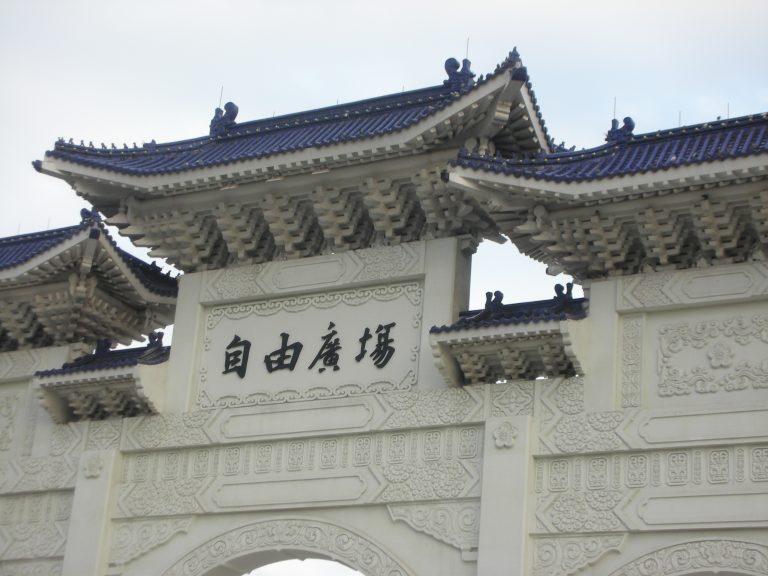“Harmonious” or not, China’s rise has become a virtual reality for the empire’s neighbors. China’s recent actions in the South China Sea and toward Japan have led several Asian countries to consider the US as a welcome guardian in Asia. China’s recent military displays have created a new strategic opportunity for the US that can strengthen democratic forces in Asia and attract new friends.
By Michael Danielsen, Chairman of Taiwan Corner.
Published in Taipei Times on Wednesday, November 10. 2010.
“Harmonious” or not, China’s rise has become a virtual reality for the empire’s neighbors. China’s recent actions in the South China Sea and toward Japan have led several Asian countries to consider the US as a welcome guardian in Asia. China’s recent military displays have created a new strategic opportunity for the US that can strengthen democratic forces in Asia and attract new friends.
It is therefore paradoxical that the EU appears to have failed to behave as an international leader by embracing China’s censorship. A few days before Liu Xiaobo (劉曉波) was declared the winner of the Nobel Peace Prize, the EU apparently limited press freedom in an embarrassing event involving two China-critical media, the Epoch Times and New Tang Dynasty Television. Both media were denied access to a press conference between the EU and China in what looks like a quiet agreement with China. Access was allowed when other media interacted, but the press conference was subsequently canceled.
A coincidence? Hardly. The Epoch Times and New Tang Dynasty Television are just too critical of China.
Apparently, the EU prefers that China set the agenda for press freedom instead of the EU drawing the famous line in the sand. The EU is therefore revealing itself to be an embarrassing and spineless international institution that puts fundamental core values up for sale. It is not difficult to draw a direct link to China’s shopping spree in the 10 crisis-hit southern European countries, like Italy and Greece.
Now that democracies are weakening, according to Freedom House, it is essential that the EU and the US set a clear and uncompromising democratic agenda because democratic allies in Asia and around the world are far better alternatives for a sustainable future. The authoritarian forces that impede democratic development must be challenged by supporting democracies in a way that helps them grow stronger in cooperation with EU and the US.
Taiwan remains a prime example of a democratic success story in Asia, yet the EU still fears to support it because China claims ownership of Taiwan. For a start, the EU should stop bowing its head to China and start demonstrating international leadership by taking advantage of Taiwan’s independent membership in the WTO to conclude a free-trade agreement with the nation, just as the EU has done with South Korea.
The point is that China must be held accountable for international agreements. In addition, the EU should allow its leaders to meet officially with all of Taiwan’s leaders. This will create an open dialogue that prevents misunderstandings caused by messages being filtered through several diplomatic channels. Later, a new Taiwan policy should be created that abandons the outdated “one China” policy and instead embraces the right of Taiwanese to determine their own future.
China is not yet a responsible nation that can strengthen democracies and the international order. Rather, it is an undemocratic country with ambitions for world power. Therefore the EU must stand strong on democratic development because the alternative is a world dominated by undemocratic forces.
Michael Danielsen is the chairman of Taiwan Corner.



